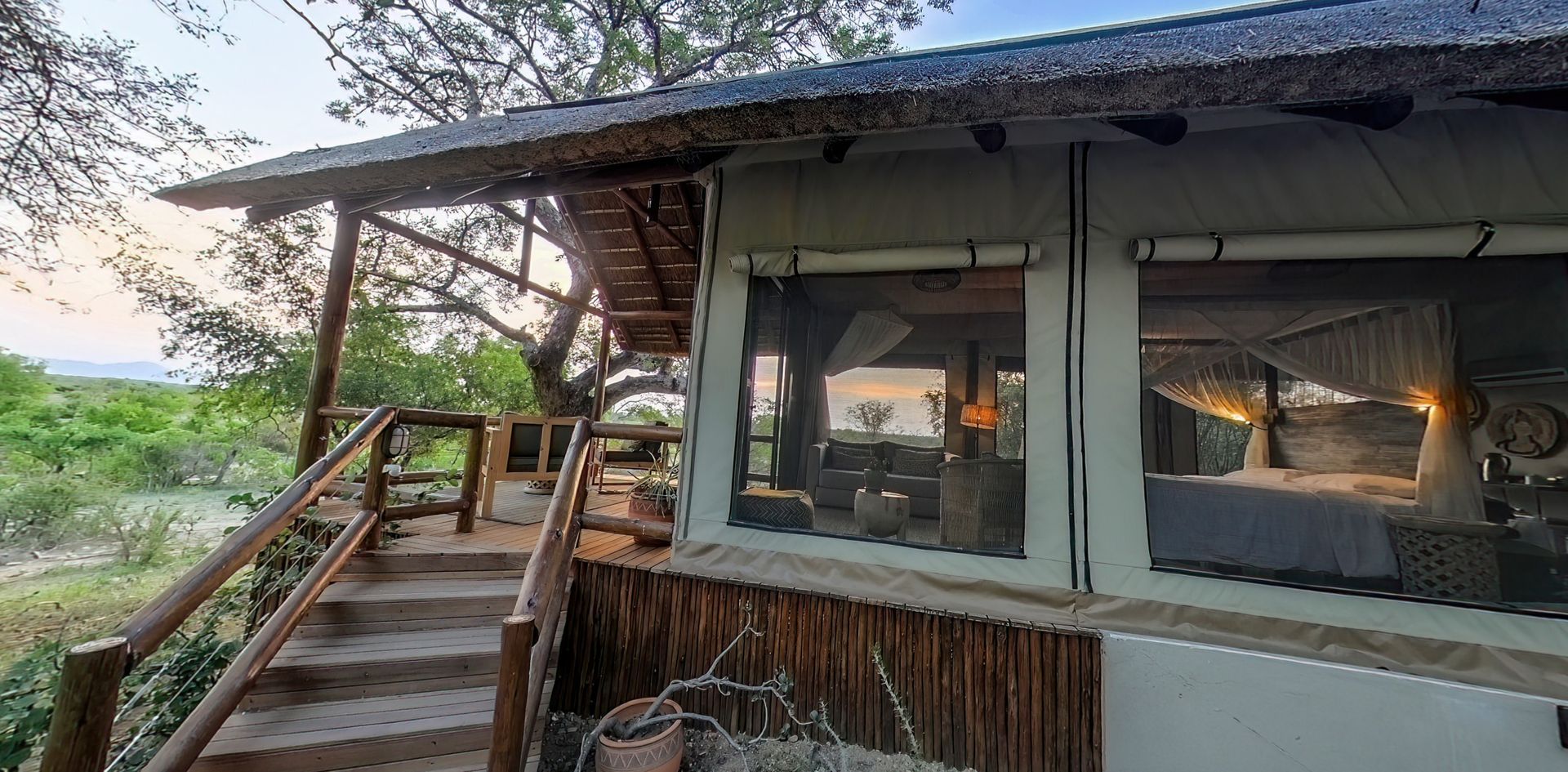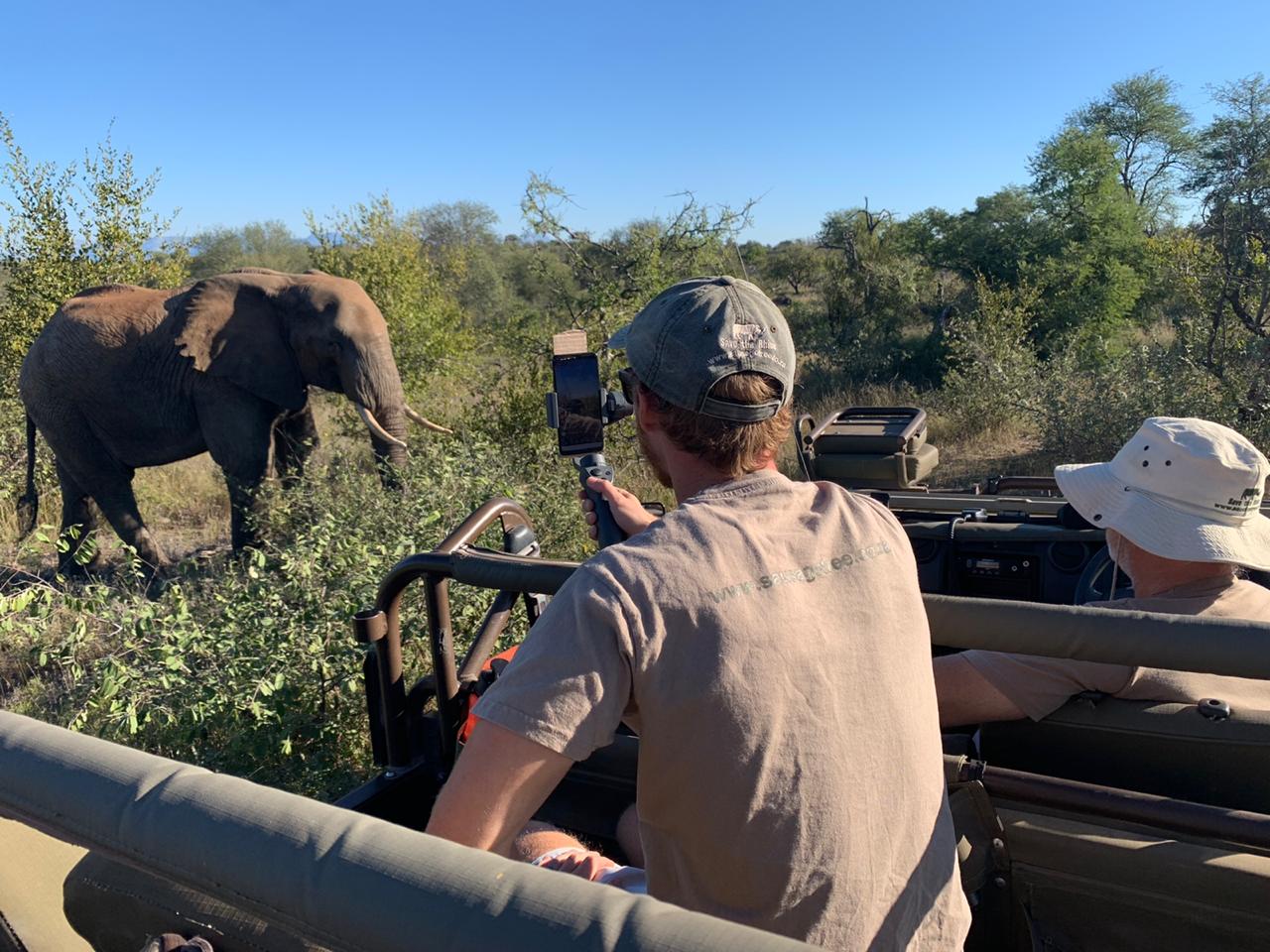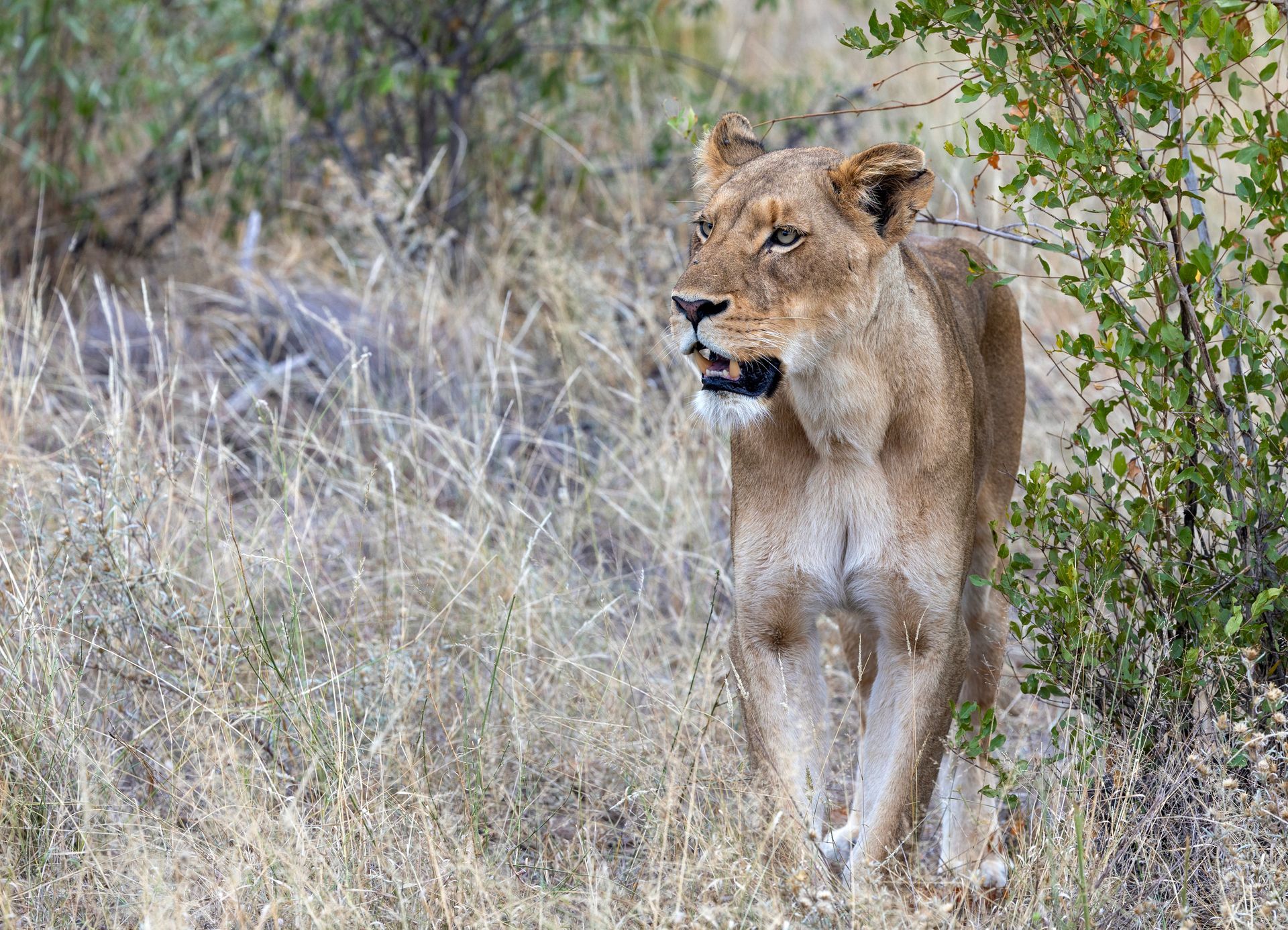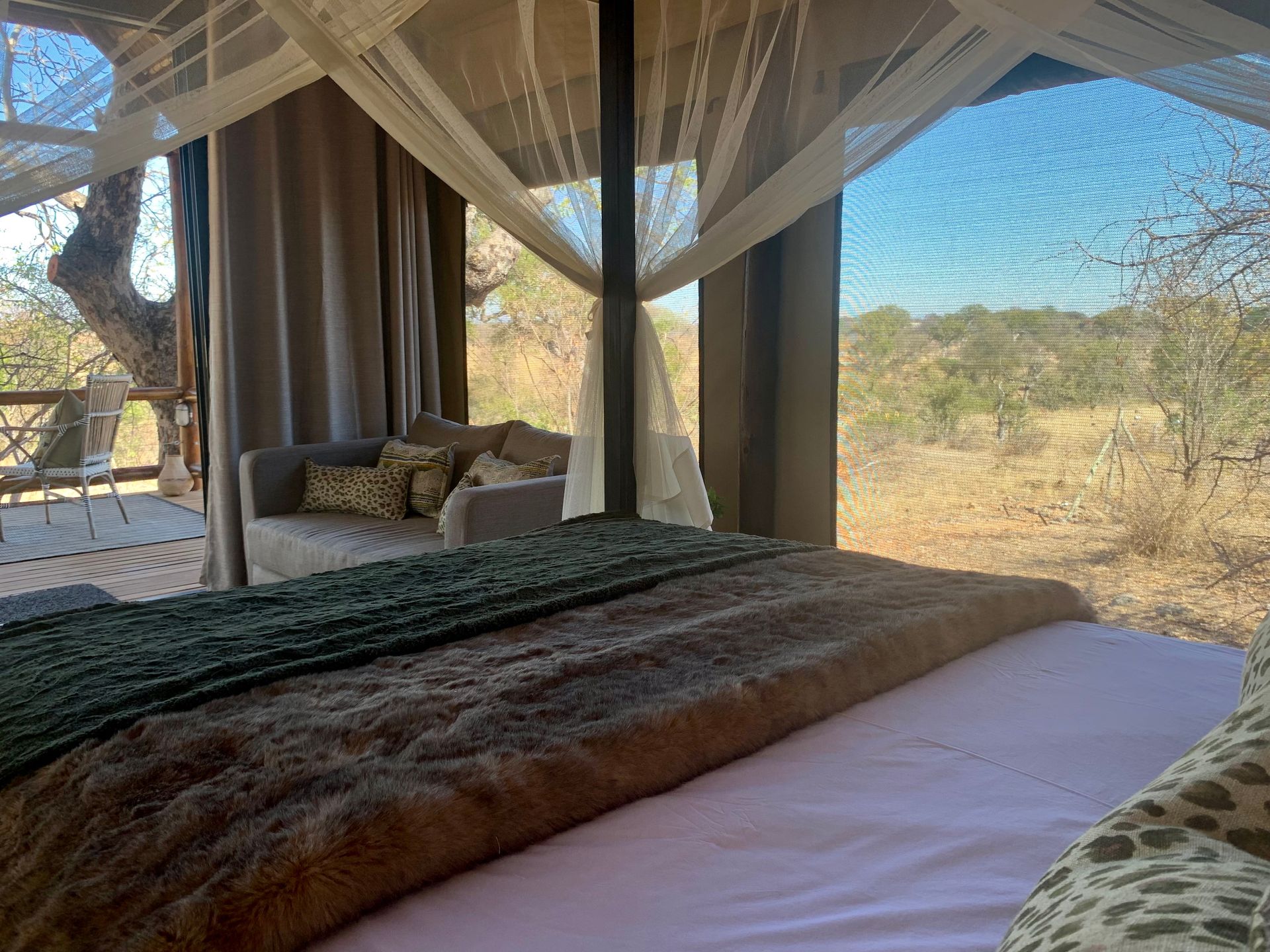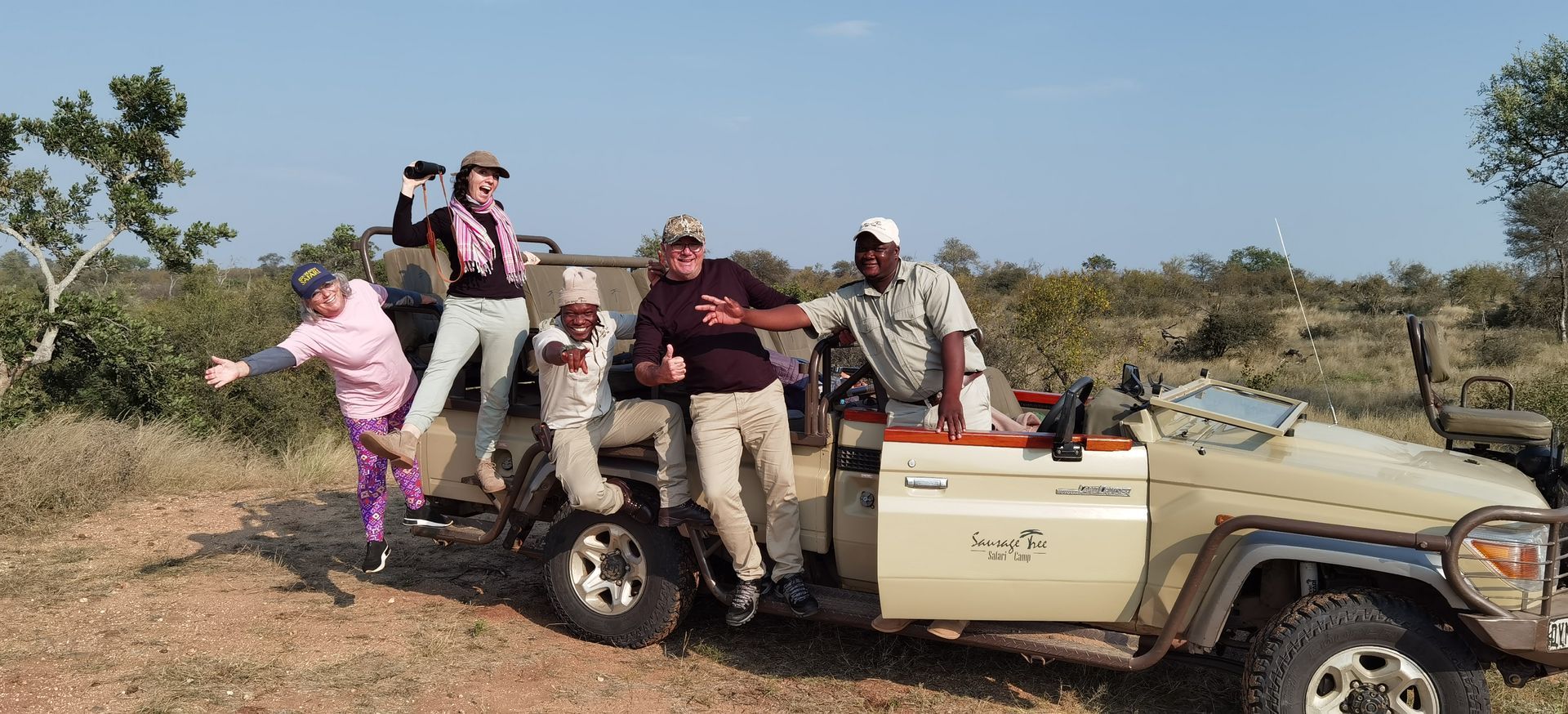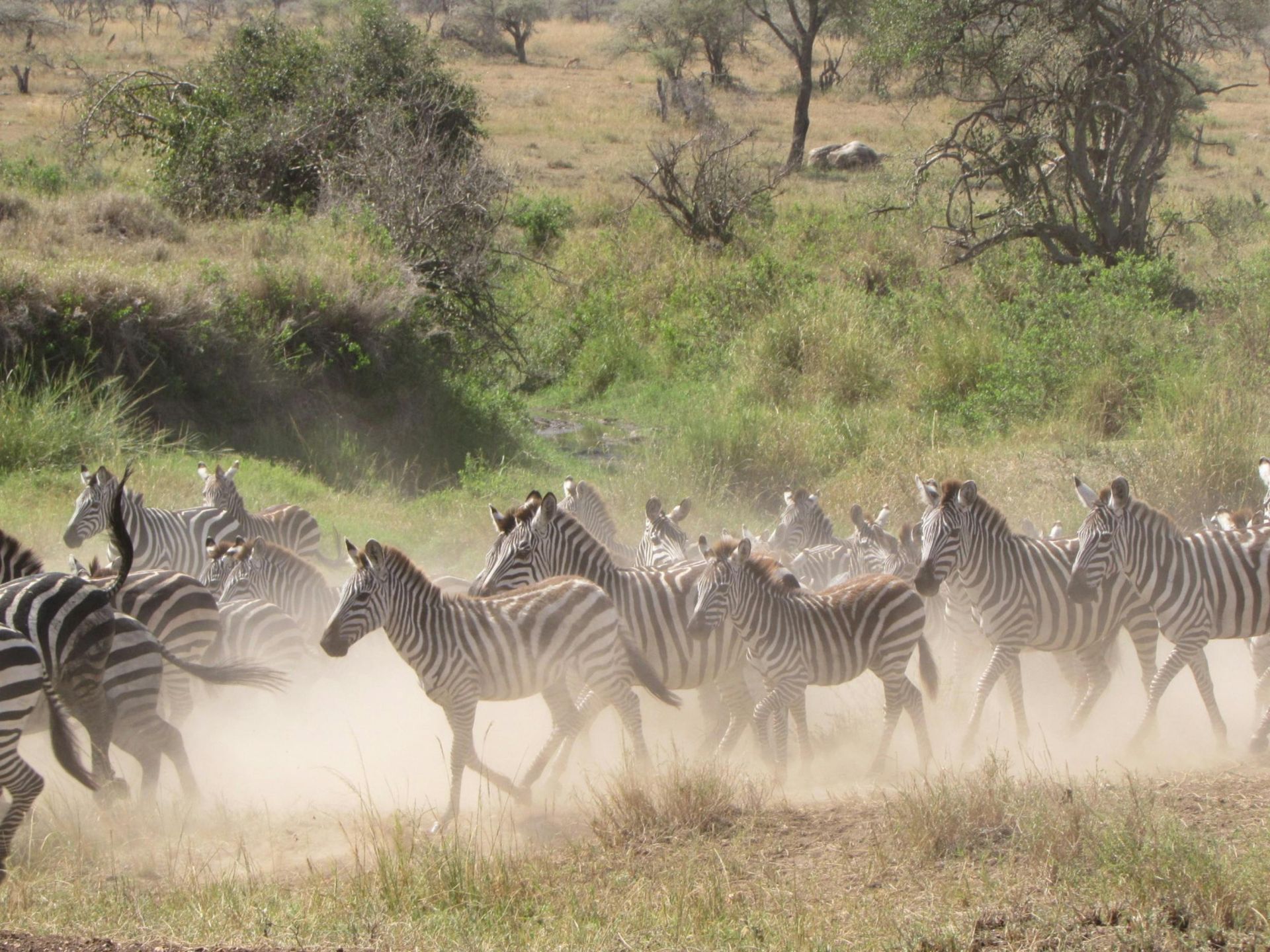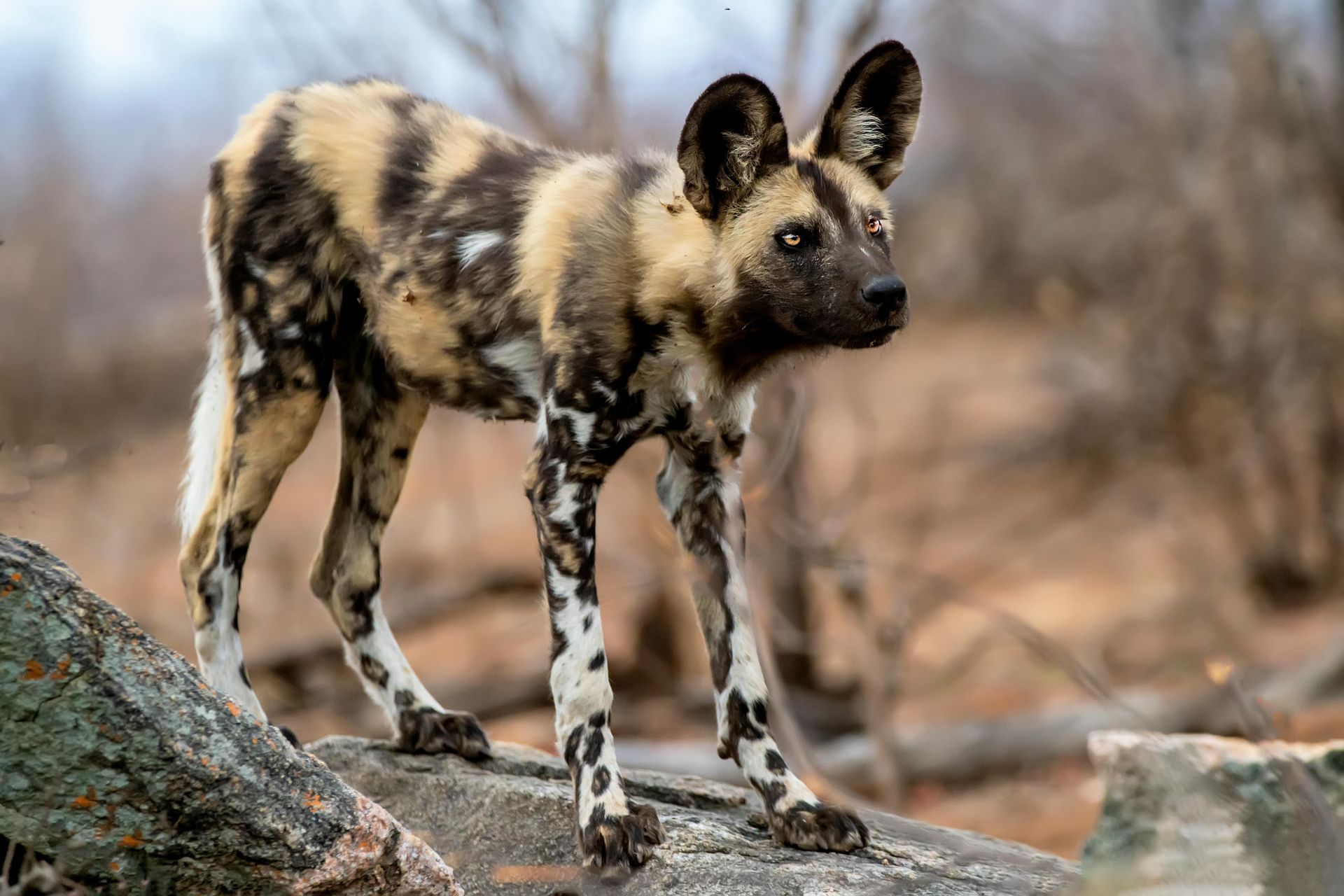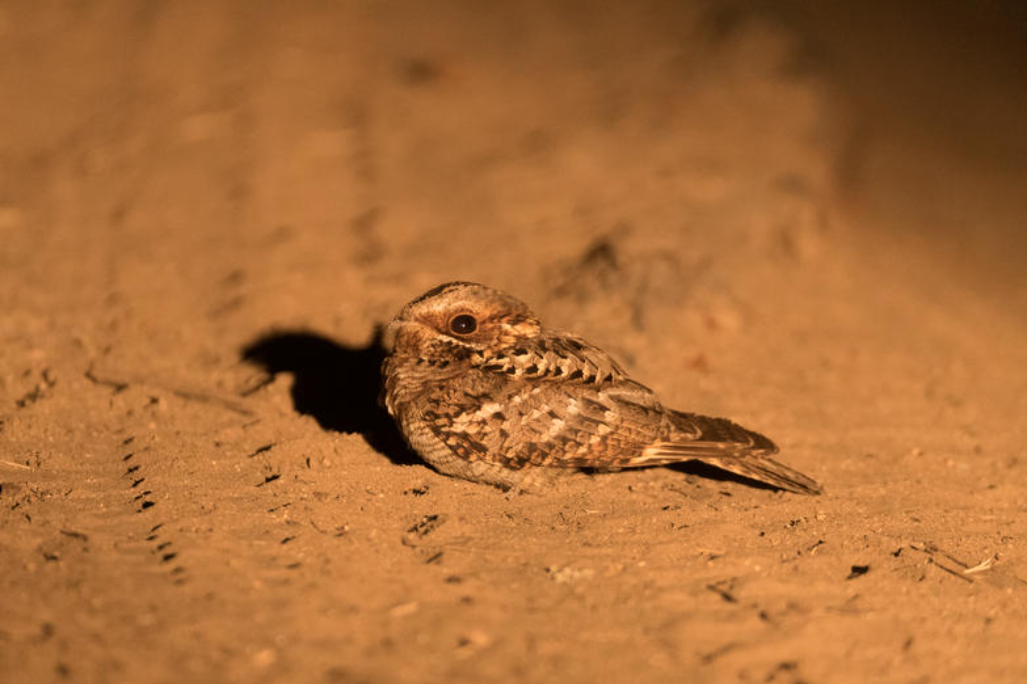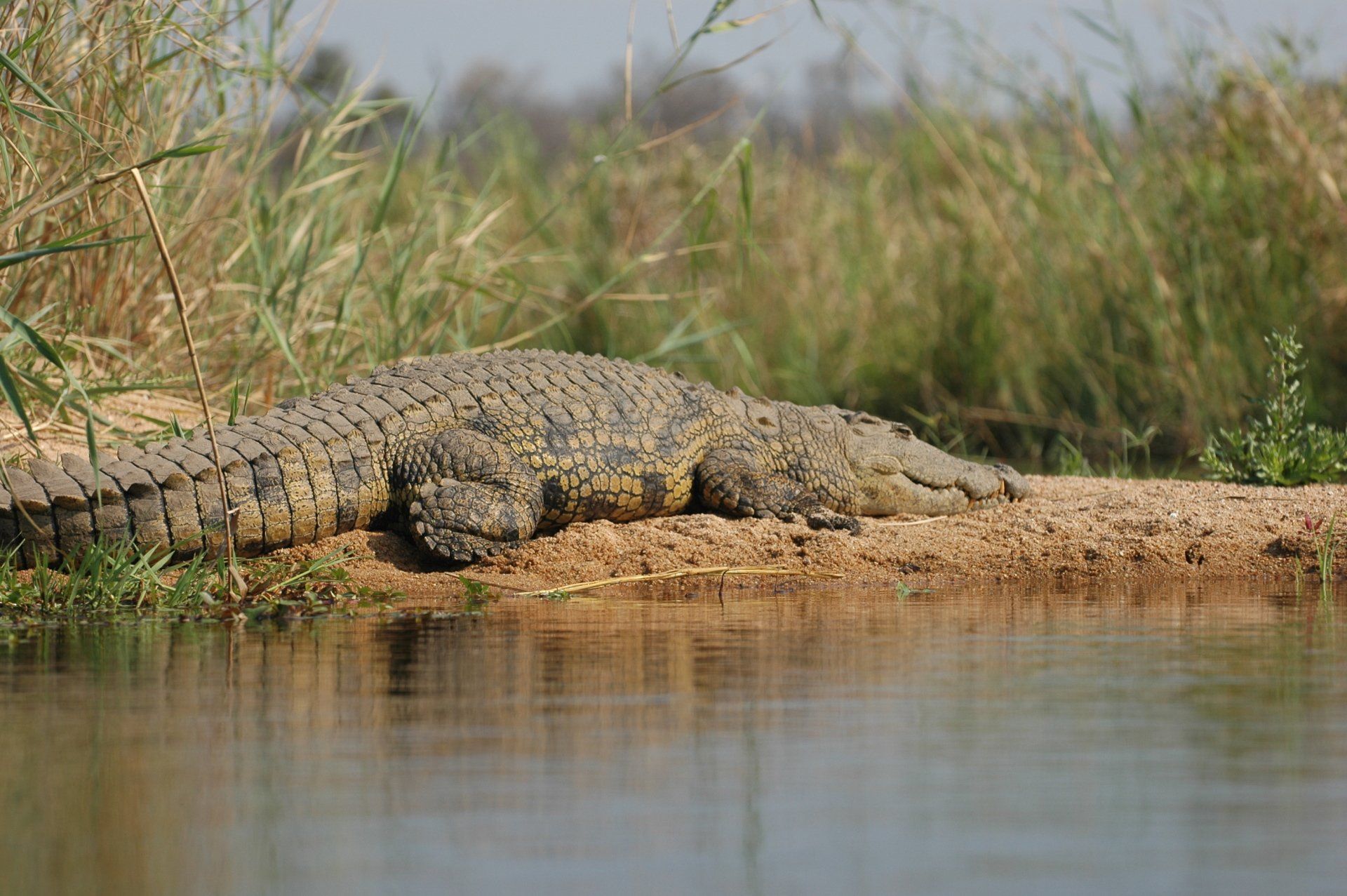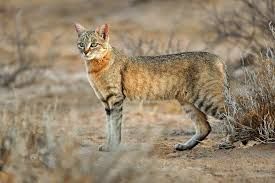Supporting tomorrow's conservationists
Here at Sausage Tree Safari Camp in the Greater Kruger Park we're especially conscious of the responsibility we have to encourage the youth of today to become tomorrow's custodians of nature, and to make what we do more relevant and beneficial to those living in impoverished and disadvantaged rural communities. So we give back as much as we can, and encourage our guests to contribute to the programmes we support while helping to make them aware of the great work being done in educating local children and creating the all-important bridge between eco tourism and community upliftment.
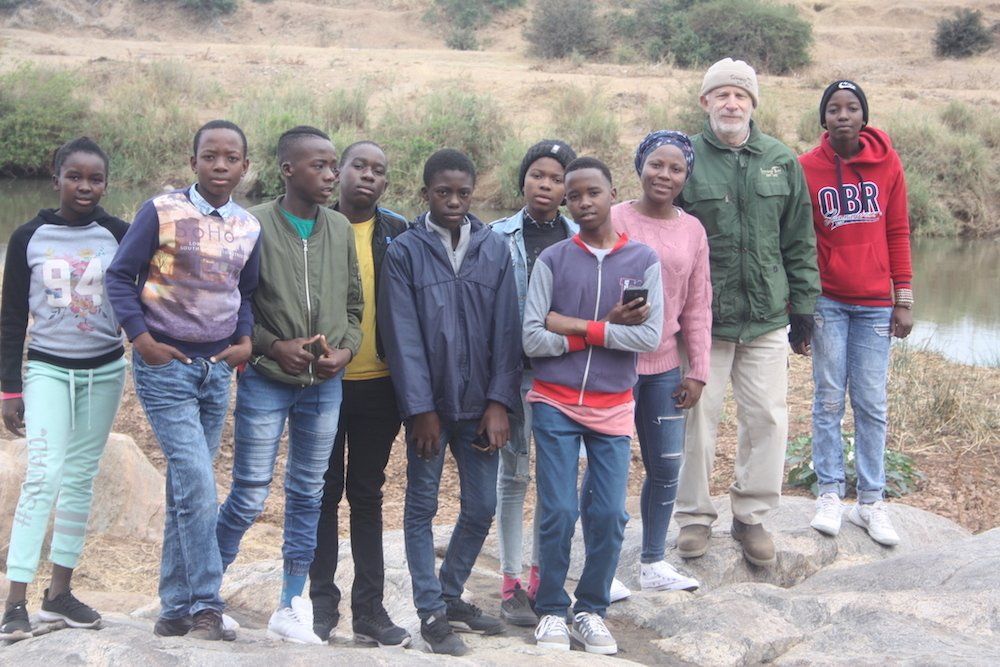
The main beneficiary of the work we do in this respect is something of a "local legend" here in the Lowveld - Daktari Bush School and Wildlife Orphanage.
In operation since 2006, Daktari's aim is to inspire a love of nature and wildlife in local children, educating them in the value of the environment and why it is so important to protect and conserve it.
Its bush school does just this, immersing children from the rural communities around the Hoedspruit area in the wilderness and teaching them about the plants and animals that call it home. It also teaches them about anti-poaching and a wide variety of other issues and challenges facing wild Africa and extends out into Eco Clubs at local secondary schools, constructive job hunting for those who want to pursue careers in eco tourism and conservation and other community developments projects.
Every week, eight children from the area are welcomed to the Daktari Bush School to spend five days learning about the environment. They are collected from their schools on a Monday morning and are returned on a Friday afternoon. It's a dynamic teaching programme that aims to ignite a lifelong love for nature in each child, teaching them important life skills and their relationship with the environment around them
.
Completely taught by volunteers, Daktari depends on us and other lodges like us to help fund their projects and we donate R50 for every booking we receive to Daktari. We also pass the fundraising baton on to our guests through the global Pack for a Purpose programme. This supports more than 525 education projects around the world, including schools and libraries. It works by asking tourists to pack the supplies needed by these projects when coming on holiday. The result is a hugely positive impact on local communities benefitting from Pack for a Purpose.
By packing a few extra supplies in their luggage, travellers donate to specific projects in the areas they visit, be they schools, orphanages, family care centres and nature reserves.
With our guests, of course, it's Daktari that benefits. We drop off all supplies brought by our guests direct to Daktari and work closely with Pack for a Purpose to ensure Daktari benefits from a carefully planned needs list that's published on the Pack for a Purpose website.
Guests are encouraged to bring two to three kilograms of supplies with them in their luggage.
Uniquely , due to the very longstanding and close and strong connections between our owners and the founders of Daktari we are able to offer our guests here at Sausage Tree Safari Camp a guided tour of Daktari, normally closed to the public, which fits in comfortably between the morning and afternoon game drives and all the profit from this tour goes directly to Daktari.
We are proud to have on our team Karrine , front of house, and Kabelo ,assistant cook, who are both ex Daktari graduates , which is very much what the Daktari programme is designed to do.We believe that it's only by involving communities in conservation and tourism that we can hope to continue to protect Africa's last great wilderness areas.
